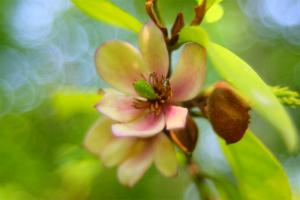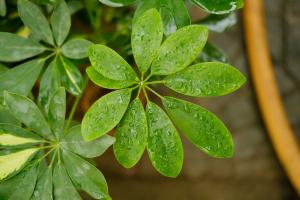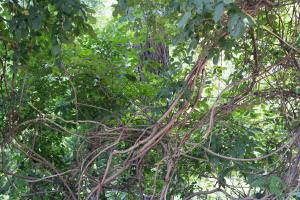1、 Matrix
Most of Paphiopedilum are terrestrial or epiphytic orchids. The substrates used for cultivation can be peat soil, rotten leaf soil, bark, coconut bran, moss, etc. 2-3 substrates can be mixed arbitrarily, and the basin bottom is padded with stones and ceramsites for drainage and ventilation
2、 Watering
Although Paphiopedilum is an orchid, it has no false bulbs and fewer roots, so its drought tolerance is relatively poor. Generally, touch the substrate with your hand and dry it and pour it into water, or insert a bamboo stick along the edge of the basin. If you have nothing to do, pull it out and observe the dry pouring of bamboo
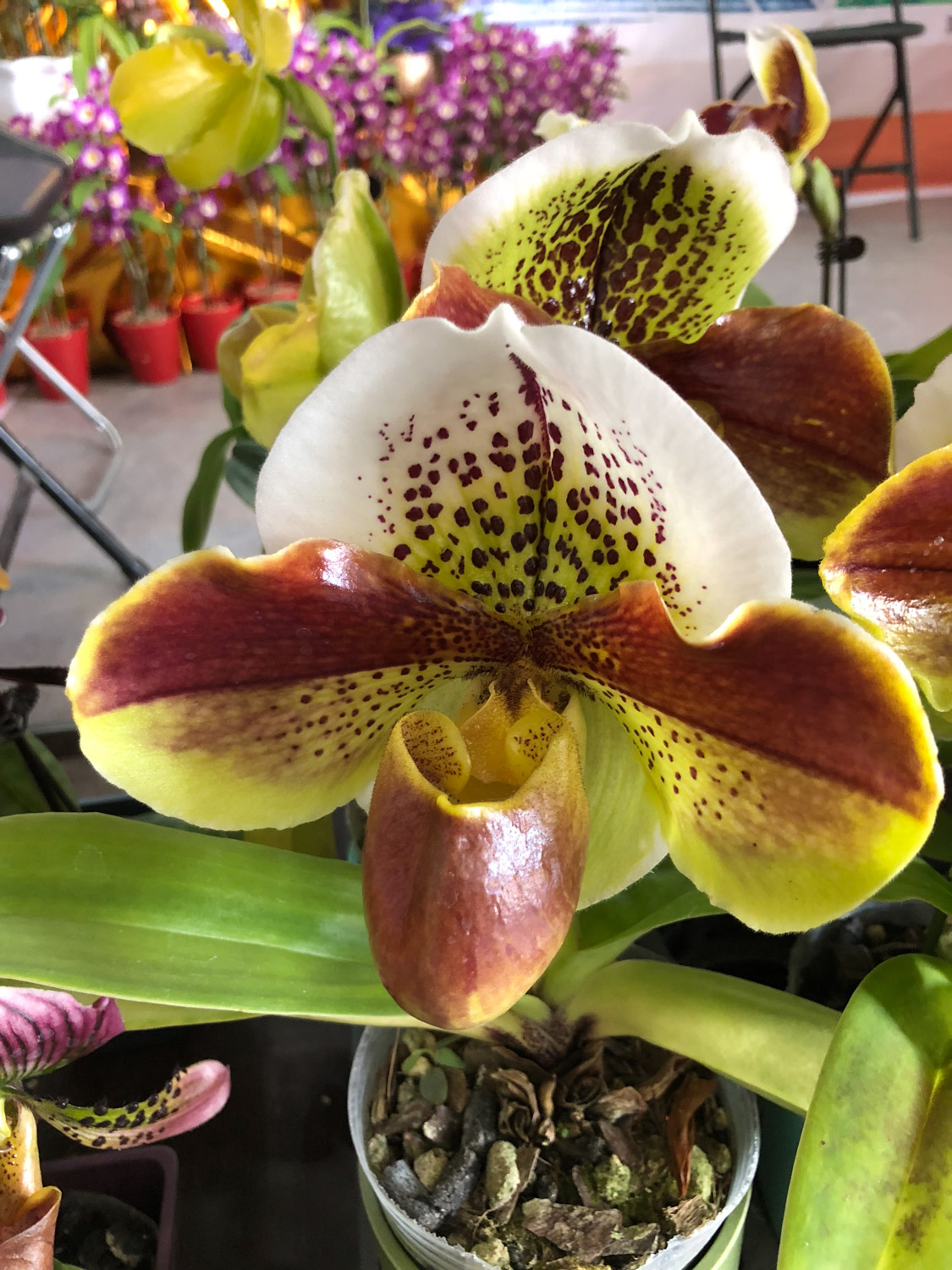
3、 Humidity
Paphiopedilum, like most orchids, likes a high humidity environment. In hot summer, it is necessary to frequently spray water around the plant to humidify, but it is necessary to ensure the ventilation of the maintenance environment. Good ventilation can also avoid the occurrence of plant diseases and insect pests
4、 Illumination
Paphiopedilum has certain requirements for light intensity. It needs 70% - 80% shade in summer and 50% shade in spring and autumn. The light in winter is warm and soft and can be dried all day
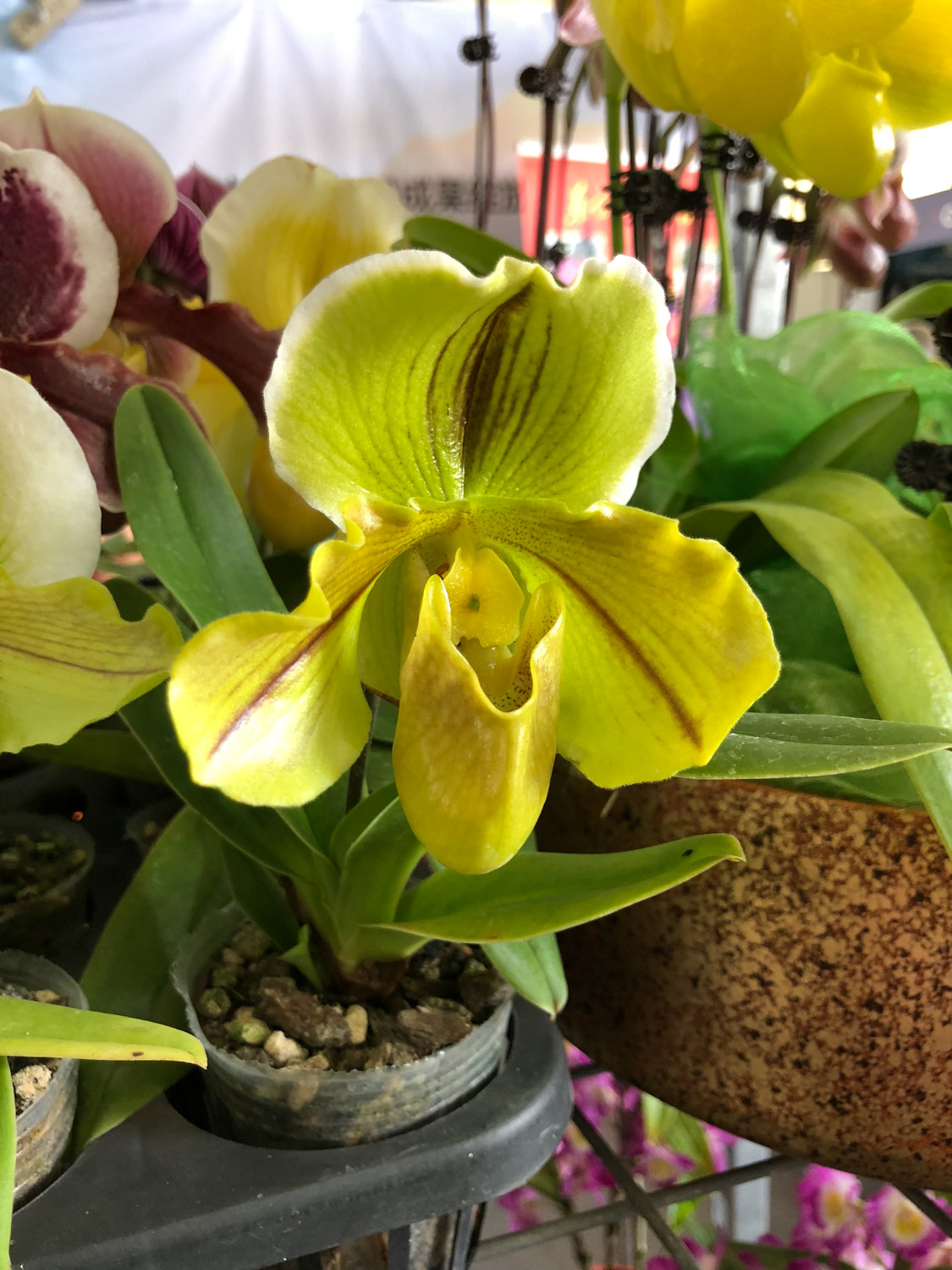
5、 Temperature
For domestic Paphiopedilum, if it is a tropical native species, it needs to maintain the curing temperature above 18 ℃. If it is a species from India and China, it can survive the winter in the environment of 8-12 ℃. If it is a native species in alpine areas, it can withstand the low temperature of 1-5 ℃
6、 Fertilization
Paphiopedilum likes fertilizer. During the growth of the plant, topdressing can be carried out every other month. Urea, compound fertilizer and potassium dihydrogen phosphate can be used as fertilizer and water. Thin fertilizer should be applied frequently. Do not apply one kind of fertilizer and water
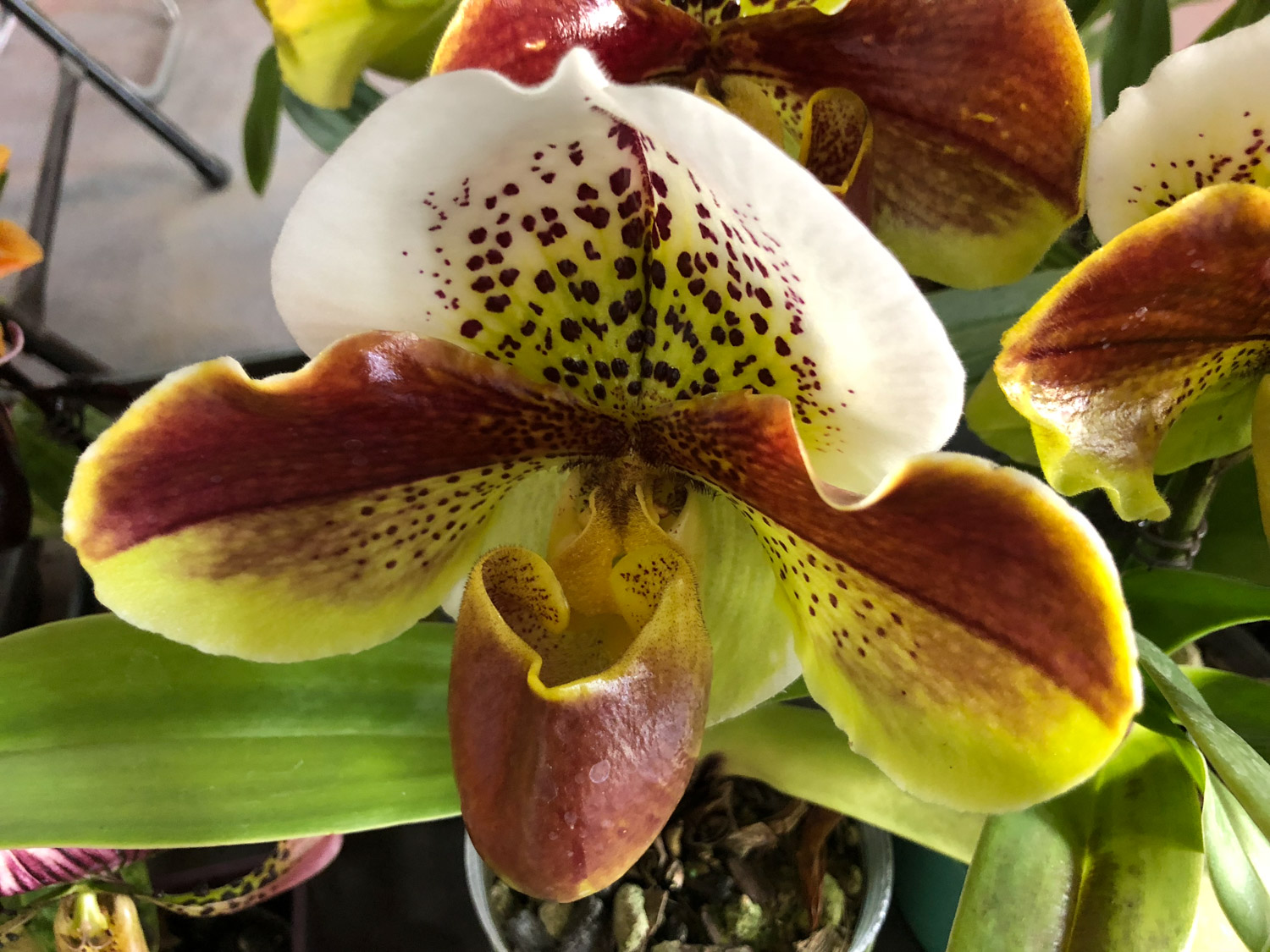

 how many times do yo...
how many times do yo... how many planted tre...
how many planted tre... how many pine trees ...
how many pine trees ... how many pecan trees...
how many pecan trees... how many plants comp...
how many plants comp... how many plants can ...
how many plants can ... how many plants and ...
how many plants and ... how many pepper plan...
how many pepper plan...
